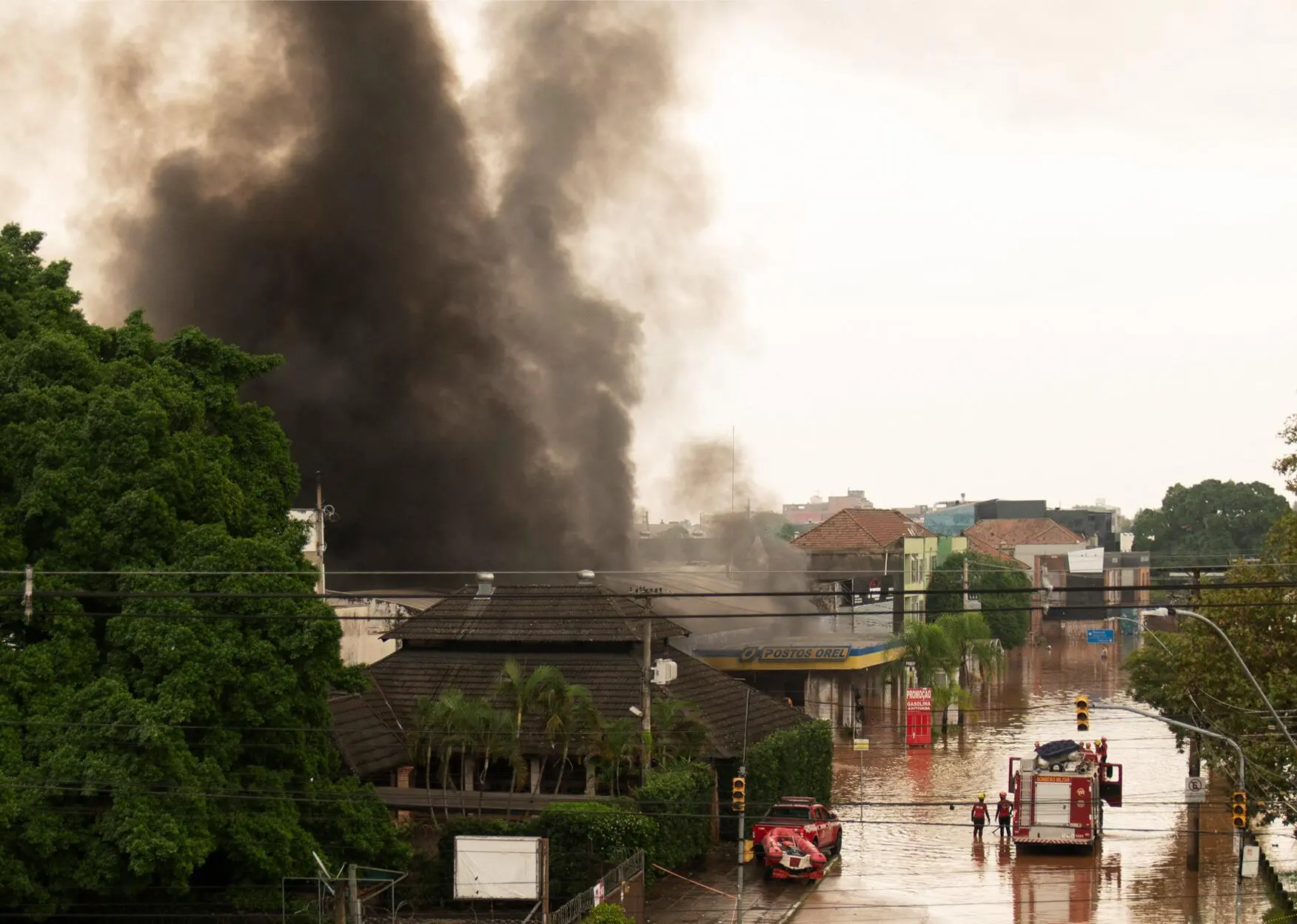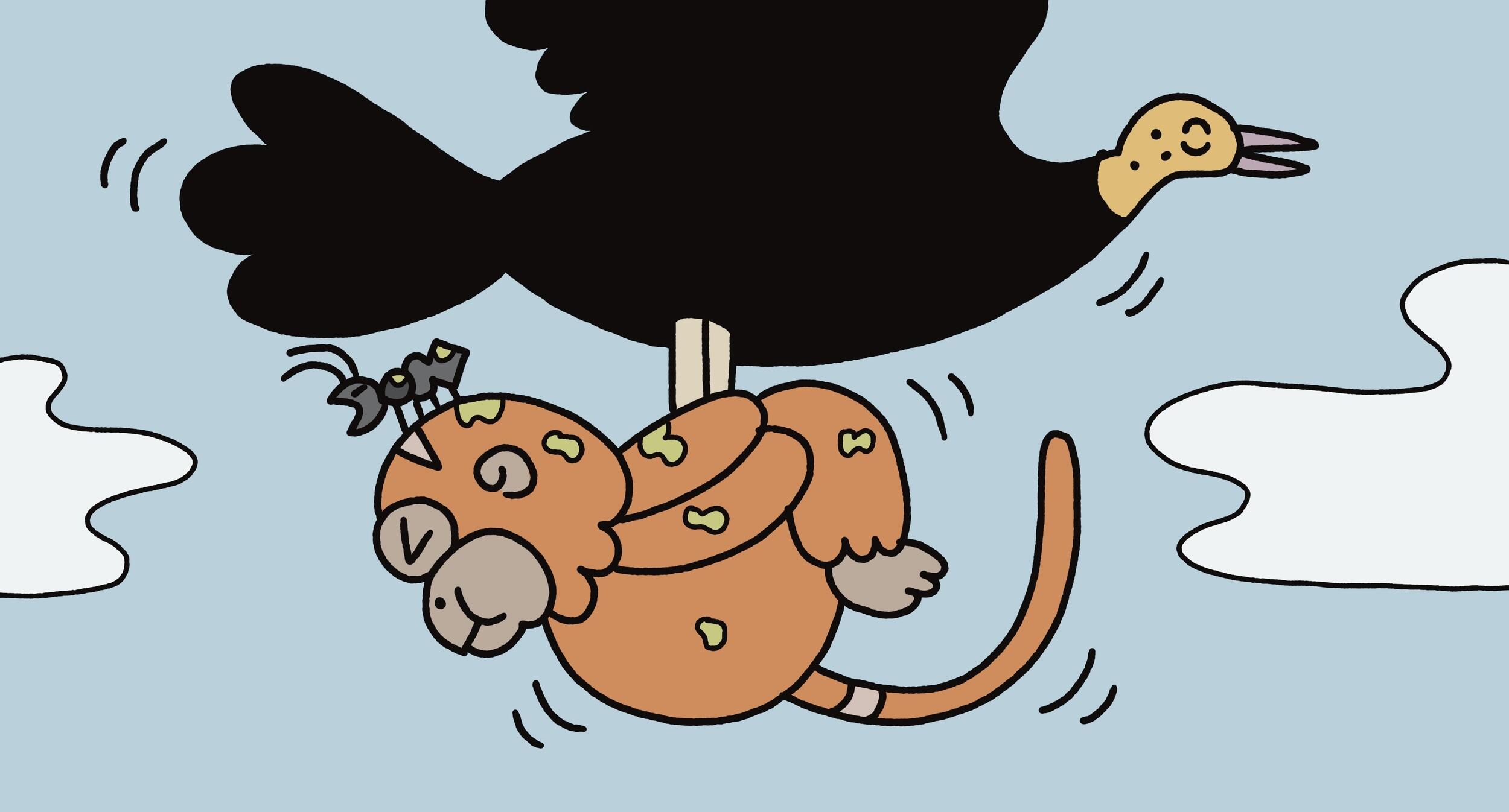
|
| Edition 42 |
| Thursday, 13 June, 2024 |
|
| Our Voice
|

|
|
Make climate polluters pay
|
Jonathan Watts
Altamira, Xingu River, Amazon
Who is going to foot the billion dollar bill to rebuild Rio Grande do Sul after the worst climate disaster in the history of the southern Brazilian state? Instead of the usual innocent victims – homeowners, small companies and taxpayers – how about imposing a levy on the oil, gas, beef and soy companies that are most responsible for this unnatural catastrophe?
That is what the US state of Vermont has just decided to do in a legal step that could have ground-breaking implications around the world. Last month, this northeastern state enacted a new law requiring fossil fuel companies to pay a share of the damage caused by the climate crisis.
Despite concerns about the inevitable future legal battles between the small state and powerful multinational oil companies, Vermont’s Climate Superfund Act –inspired by catastrophic flooding and damage from other extreme weather events– brought together political adversaries: the Democratic-controlled legislature passed the act with supermajority support from some Republicans. It was allowed to pass into law without a veto by the Republican state governor Phil Scott.
This could be an inspiration for Rio Grande do Sul and the increasing number of other regions that are suffering from disasters that have been amplified by human-caused global heating.
Oil, gas, cement, beef and soy companies will fight tooth and nail against this, but they have a case to answer. Their activities may be legal, but it is increasingly clear that they have made enormous profits at the expense of the climate and the residents of places like Rio Grande do Sul and Vermont. Making the companies pay for the consequences of their actions would reduce their incentive to deforest biomes like the Amazon and give a competitive advantage to cleaner and more nature-friendly alternatives.
And let’s not forget that Rio Grande do Sul won’t be the last state to suffer climate damage. Every year, there will be more heatwaves, droughts and storms. The Amazon will also be affected. Which takes us back to the question: Who should pay - those who lost everything from the effects of climate catastrophe or those who profited from the cause?
We at SUMAÚMA will continue to amplify these voices of the forest and hold to account those who threaten the climate and natural systems on which we all depend. Thank you as always for your interest and support. |
|
Read more
|
|
| Howler
|

|
|
Episode 42
|
|
...as he explores his forest home and tries to understand the humans who threaten it |
|
Read more
|
|
|
|
Clique aqui para cancelar a assinatura
|

